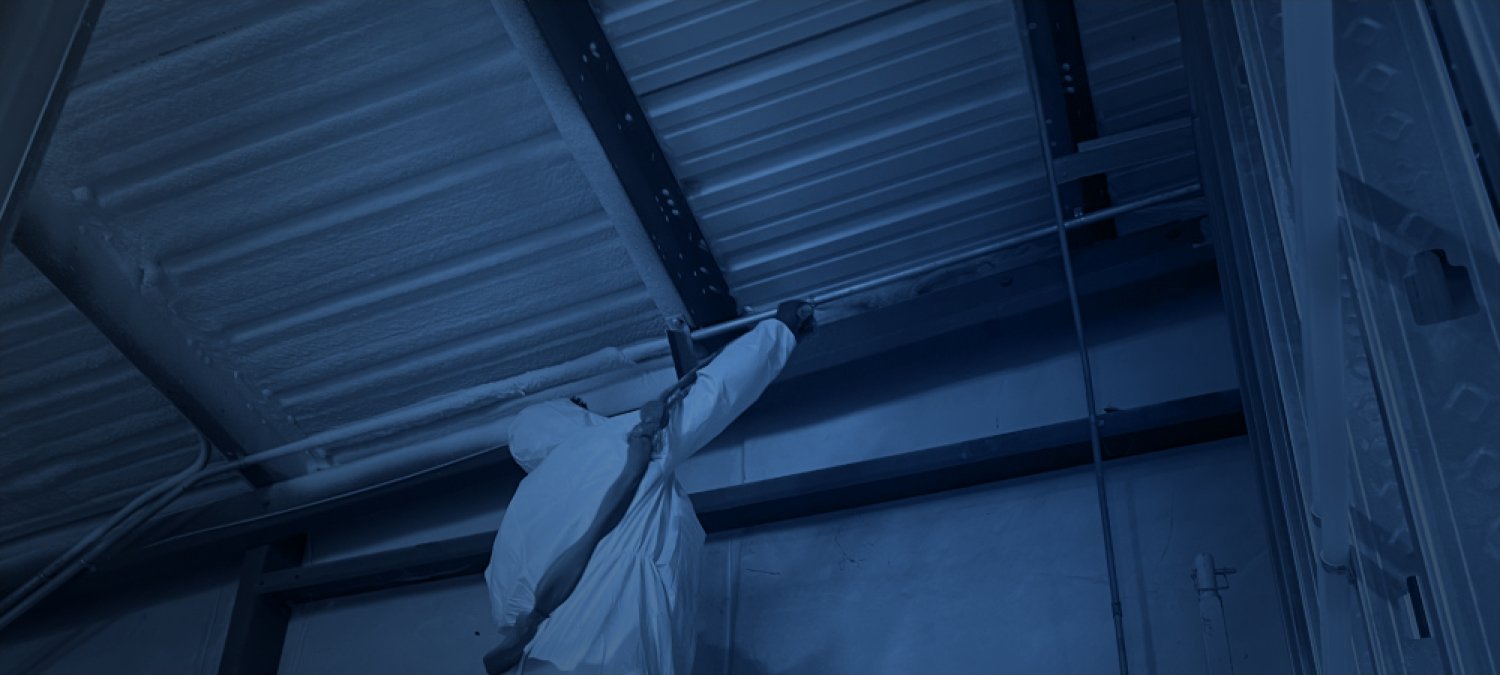
Frequently asked questions
-
Spray foam insulation is a highly effective insulation material that is sprayed onto surfaces as a liquid and expands to form a durable foam. It provides excellent thermal insulation, air sealing, and moisture control, resulting in improved energy efficiency and comfort in homes and commercial buildings.
-
Superior thermal performance: It provides a higher R-value per inch compared to other insulation types, effectively reducing heat transfer and energy consumption.
Air sealing: It forms an airtight seal, preventing drafts and minimizing air leakage that can lead to energy waste.
Moisture control: The closed-cell foam spray our Oklahoma City based contractors use acts as a vapor barrier, helping to prevent moisture buildup and the potential for mold growth.Noise reduction: Professional spray foam insulation services for your Oklahoma City home or business can help reduce noise transmission, making your space quieter and more comfortable.
Long-term savings: While the initial investment may be higher than other insulation options, spray foam insulation can lead to significant energy savings over time, resulting in lower utility bills.
-
This type of insulation is not the cheapest form of insulation, but it is the most durable and effective. Spray foam insulation doesn’t break down as quickly as fiberglass or cellulose options. Also, this closed-cell foam spray that our Oklahoma City contractors use creates a water-resistant barrier on structures and doesn’t create mold like batt insulation. Spray foam insulation will also not weigh down your ceilings. In order to estimate your job, contact our professional spray foam insulation company in Oklahoma City today for a free estimate!
-
Yes, spray foam insulation is known for its ability to reduce energy costs. By creating a seamless and airtight barrier, spray foam insulation effectively seals gaps, cracks, and other areas of air leakage in your home or commercial building. This prevents the loss of conditioned air (heated or cooled air) and the infiltration of outdoor air.
-
Yes, spray foam insulation can be installed in existing structures. It is a versatile insulation option that can be applied to various surfaces, including walls, attics, crawl spaces, and basements. Retrofitting your home with spray foam insulation can significantly improve its energy efficiency and comfort.
-
The "R-value" of insulation refers to its thermal resistance, which measures how well the insulation material resists heat flow. It indicates the insulation's effectiveness in preventing heat transfer between the interior and exterior of a building.
The higher the R-value, the greater the insulating power of the material. Insulation with a higher R-value provides better resistance to heat flow, meaning it reduces the amount of heat that can pass through it. This helps to maintain more stable indoor temperatures and reduce the energy required for heating or cooling a space.
The R-value is determined by factors such as the type of insulation material, its thickness, and its density. Different insulation materials have different R-values per inch of thickness. For example, fiberglass batt insulation typically has an R-value between R-2.9 and R-3.8 per inch, while spray foam insulation has a higher R-value, often ranging from R-6 to R-7 per inch for closed-cell foam and even higher for some formulations.
When selecting professional spray foam insulation for your Oklahoma City property, it's essential to consider the recommended R-values for your specific climate zone and the area of the building being insulated (such as walls, roofs, or floors). Building codes and energy efficiency guidelines often provide minimum R-value requirements for different regions.
By choosing insulation with an appropriate R-value for your climate and application, you can improve energy efficiency, reduce heating and cooling costs, and create a more comfortable indoor environment. It's important to consult with insulation professionals who can guide you in selecting the right insulation type and thickness based on your specific needs and local building codes.
-
The R-value for spray foam insulation provides a slightly higher value than other forms of insulation.
-
Yes! Spray foam insulation, when exposed to UV rays, can yellow over time. Spray foam insulation painting is a service that we can offer if needed, and will add this to your project estimate. We will work with you to select a color that’s right for your space.
-
Yes, spray foam insulation is considered an eco-friendly insulation choice. It helps reduce energy consumption, minimizing greenhouse gas emissions. Additionally, some spray foam products are made from renewable or recycled materials and have low VOC (volatile organic compound) content, contributing to healthier indoor air quality.
Contact P2 Insulation for professional spray foam insulation services in Oklahoma City today!
Schedule a consultation and discover how our spray foam insulation can revolutionize your home's comfort and efficiency!

